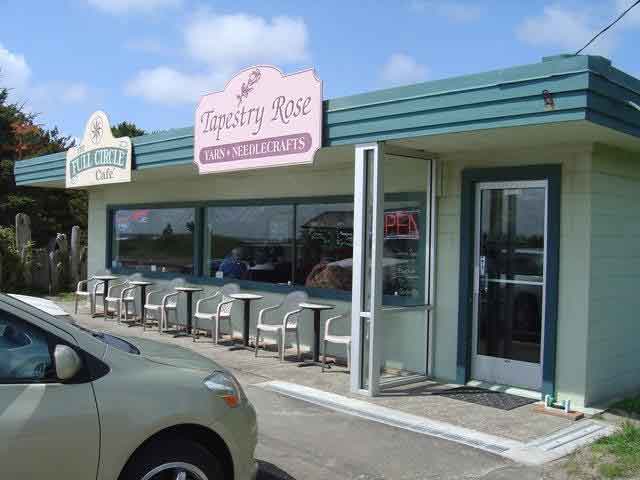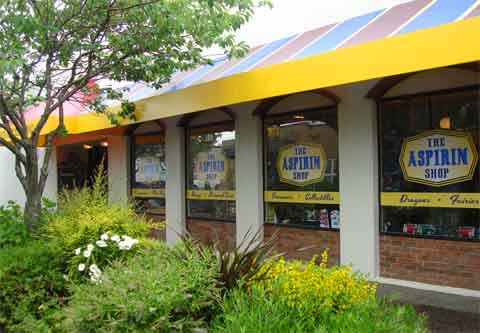Guidelines for a Small Business Management Program
The Program is based on the Minnesota model. The Small Business Management Program is uniquely different from traditional educational curricula in that the business operator’s own business becomes his/her textbook and laboratory. Achievement of business and personal goals is the assignment for the course. The two primary components of an Small Business Management program are:
- Monthly Small Group Classroom Instruction
- Monthly Individual On-site Instruction
Instruction begins in the classroom with the study and discussion of management and business principles. These principles are then individualized with at-the-business instructional visits. The cycle is completed and begun anew with the analysis and evaluation of the year’s business activity. This business-world model is one of the key factors in class participation that becomes more meaningful to the student as he/she becomes more involved in the program. With the concept of the business providing direction for the curriculum, the Small Business Management program addresses both personal and business goals and objectives, blending these concerns into a workable and profitable business enterprise.
Goals and Objectives
- The purpose of the Small Business Management program is to help individuals and families improve the effectiveness of their business operation and enable them to reach personal and business goals. Benefits of the program to the participants include:
- Increasing the entrepreneur’s knowledge and understanding of the economic and business principles upon which sound business decisions are based.
- Developing the entrepreneur’s ability to effectively utilize the decision making process in the management of his/her business.
- Developing the entrepreneur’s ability to adapt his/her business to change in response to predicted business trends.
- Increasing the business person’s knowledge of the technical aspects of his/her business operation.
- Increasing the entrepreneur’s skills in performing the functions of management and business operation.
- Improving the entrepreneur’s ability to recognize the use and value of auxiliary services and agencies in the operation of his/her business.
- Increasing interest in the total welfare of the community and increasing civic responsibility.
Basic Guidelines for a successful Small Business Management Program one:
Three years in length
- Available only to owners (and designated staff) of established businesses
- Limited enrollment so as to facilitate interaction among students and allow the instructor to conduct the monthly on-site visits
- Monthly small group class
- Monthly on-site visit
Curriculum must cover:
- Leadership/General Management
- Financial Management
- Marketing
- Human Resource Management
- Planning and Goal Setting
- Topics of instruction formulated with student input
- Annual analysis of business operations
- Each instructor develops details of the local Small Business Management program within these guidelines
- Instructors serve as educators and counselors, not consultants
- Confidentiality is the basis of the program and enables commitment from the participants
Business Education – The Most Effective Business Education Program Ever Designed!
-
Guidelines for a Small Business Management Program





















